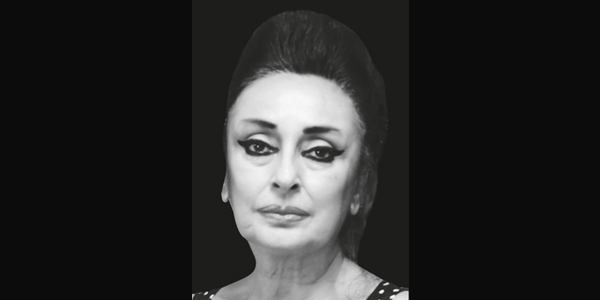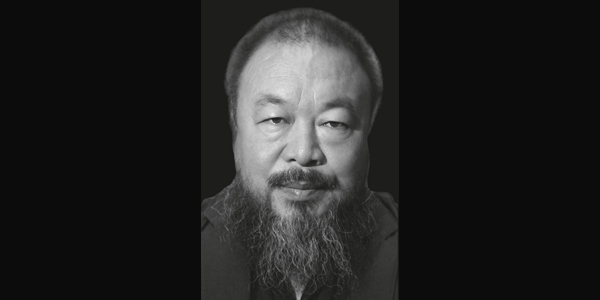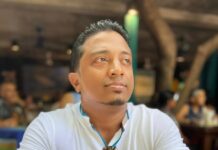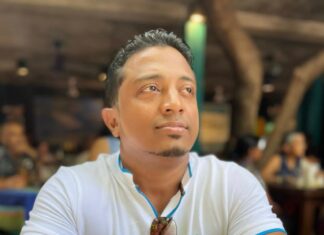ISTANBUL – On September 15, Hrant Dink’s birthday, the Hrant Dink Foundation presented the International Hrant Dink Award this year to Eren Keskin from Turkey and Ai Weiwei from China. The award is presented annually to people who work for a world free of discrimination, racism and violence, take personal risks for their ideals, use the language of peace, and by doing so, inspire and encourage others. With this award, the foundation aims to remind all those who struggle for these ideals that their voices are heard, their works are visible, and that they are not alone, and also to encourage everyone to fight for their ideals.
Eren Keskin was born in 1959 in Bursa, Turkey. A graduate of the Faculty of Law of Istanbul University, she joined the Human Rights Association of Turkey in 1989, where she worked for many years as a director. During the state of emergency of the early 1990s, she took part in committees formed to fight against the grievous human rights violations in the Kurdish-majority areas; during visits to the region she became the target of verbal as well as armed attacks.
In the 1990s, nearly 200 court cases were brought against her. Because she had used the word ‘Kurdistan’ in an article published in the newspaper Özgür Gündem [Free Agenda] in 1995, she spent six months in jail. In 1997, she founded the Legal Assistance Office against Sexual Abuse and Rape in Custody. In 2002, in a case brought against her for a speech she gave on the subject of sexual torture by the state, she was sentenced to ten months in prison. That same year, the Disciplinary Board of the Union of Turkish Bar Associations issued a decision to bar her from working as a lawyer for one year. During this period, the mainstream media engaged in a smear campaign against her.
Within the framework of a support campaign for the Özgür Gündem newspaper, she served for three years as its co-editor in chief. Today, there are still 143 open cases against her, one for a speech she made, and the others concerned with this duty which she performed voluntarily.
Ai Weiwei was born in Beijing in 1957. After the Cultural Revolution, he returned to Beijing. He studied animation at Beijing Film Academy. In 1983 he went to New York to continue his arts education. He left school and made a living by painting portraits on the street. In 1993 he returned to China.
In 2008, after the Szechuan Earthquake, he visited the region and realized that the government did not provide factual information on the disaster. Creating a ‘Citizens’ Investigation’ website, he released information on faulty construction and sub-standard materials used in schools which caused the death of countless people, shared stories of students who had perished, and published articles about the earthquake during the investigation process. The site was closed by official decree.










